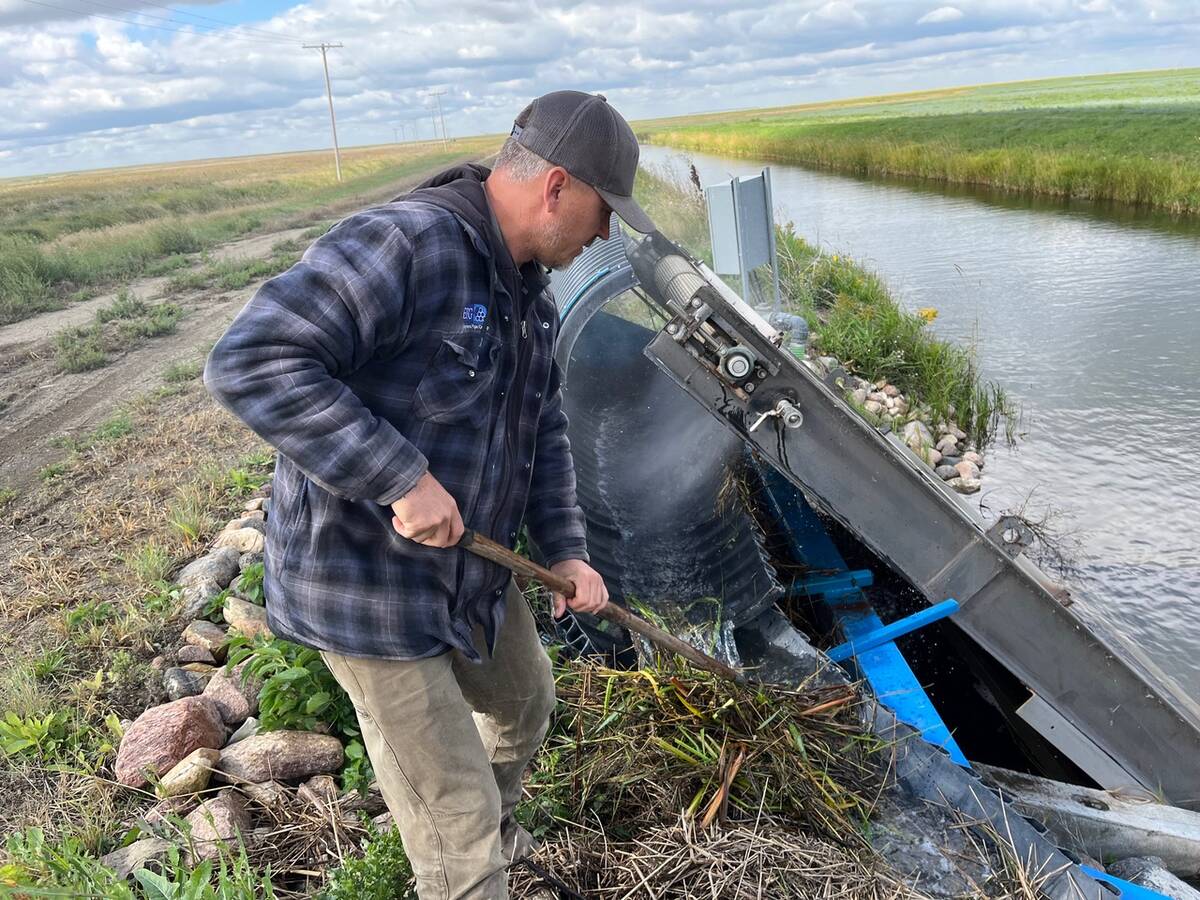The American administration plans to make agricultural trade issues and protection of United States farm interests a higher priority, says a U.S. farm lobbyist.
In mid-April, veteran government official Peter Scher was named deputy trade ambassador with responsibility for agriculture.
“I think it was an important indication that the administration is prepared to fight for its agricultural constituency,” American Farm Bureau Washington lobbyist Dave Lane said April 23.
“There are a number of issues now and it is good to have someone dedicated to the file. I don’t think this would have happened without pressure from the farm community.”
Read Also

Saskatchewan farmer uses tile drainage to manage water
The integration of both irrigation and tile drainage results in higher yields, water efficiency, improved soils and less nutrient runoff, says one producer.
Scher still faces confirmation hearings in the Senate before he can officially take the job.
Already, though, he has been getting an earful from American farm groups and politicians about The Canada Problem.
At a mid-April congressional committee meeting in Washington to assess the record of agriculture under the North American Free Trade Agreement, there was a litany of complaints about Canada.
Gus Schumacher, administrator of the U.S. agriculture department’s foreign agriculture service, drew headlines and Canadian denials by suggesting Canada had agreed to limit its grain exports to the U.S. this year.
But the issue of Canadian tariff protections for dairy and poultry industries drew the strongest words
Lower tariffs sought
According to a report sent to Dairy Farmers of Canada in Ottawa, Schumacher promised the U.S. would try to bargain those tariffs down in the next round of trade talks.
He said the U.S. government is “not happy” with its loss in a
NAFTA panel challenge to the tariffs and he called the protections “unconscionable.”
As with grain, the senior U.S. spokesperson said Canadian officials have told him privately “they are aware of the fact that changes need to be made,” but he did not identify the source of the comment.
Dean Kleckner, farm bureau president and a free trade booster, told congressmen that his lobby believes the U.S. must use the next trade bargaining round to change some Canadian policies.
“Canada continues to place very high tariffs on our dairy and poultry commodities, limiting our exports,” said Kleckner.
From the U.S. National Farmers Union, vice-president Larry Mitchell said problems, including Canada’s dairy and poultry protections, have so upset NFU members that most now oppose NAFTA.
Schumacher did note that despite the tariffs, the U.S. sells $330 million worth of dairy and poultry products into Canada each year and they are growing at a rate of 7.5 percent annually.
















